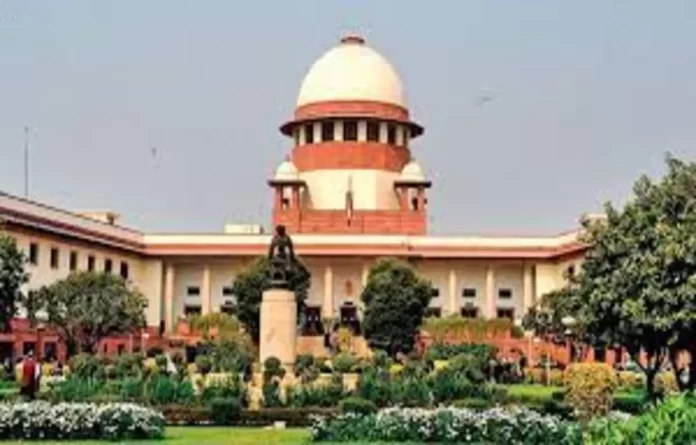The Supreme Court today issued notice in a plea against the inaction on the part of the West Bengal Governor C.V. Ananda Bose in giving assent to the West Bengal Universities (Amendment) Bill 2022, which was passed by the State legislature in June 2022.
The top court has sought a response from the Principal Secretary to the Governor of West Bengal, Centre and the Principal Secretary of the Department of Higher Education in this regard within 4 weeks.
Earlier in September 2023, the Calcutta High Court had called for affidavits from the Office of West Bengal Governor, Dr C.V. Ananda Bose, in a plea challenging his alleged inaction in either assenting to or sending back to the House for reconsideration, the West Bengal Universities (Amendment) Bill 2022, which was passed by the State legislature in June 2022 to replacing Governor with the CM as the Chancellor of the State Universities.
Later on October 16, 2023, the bench stayed in its earlier directions seeking a response from the Governor and observed that the Court would first proceed on hearing the issue of maintainability of the PIL. Subsequently, the petitioners have moved the Supreme Court.
Meanwhile, such petitions have been moved by Punjab, Tamil Nadu, Kerala and Telangana in recent times. Previously, Telangana had approached the apex court seeking directions to then Governor Tamilisai Soundararajan to give her assent to several Bills pending with her.
In the view of an increase in such cases, the top court in April 2023 urged Governors across states to remember the mandate under Article 200 of the Constitution which casts a duty on them to clear bills as soon as possible.
Notably, in November 2023, the Supreme Court pulled up Governor RN Ravi for withholding assent to 12 bills passed by the Tamil Nadu State Assembly. Furthermore, while deciding the plea by the Punjab government, the top court on November 23, 2023 held that a Governor is only a symbolic head of a state, and cannot thwart the lawmaking powers of legislatures.


